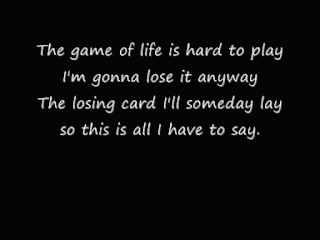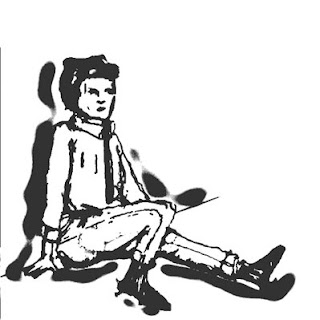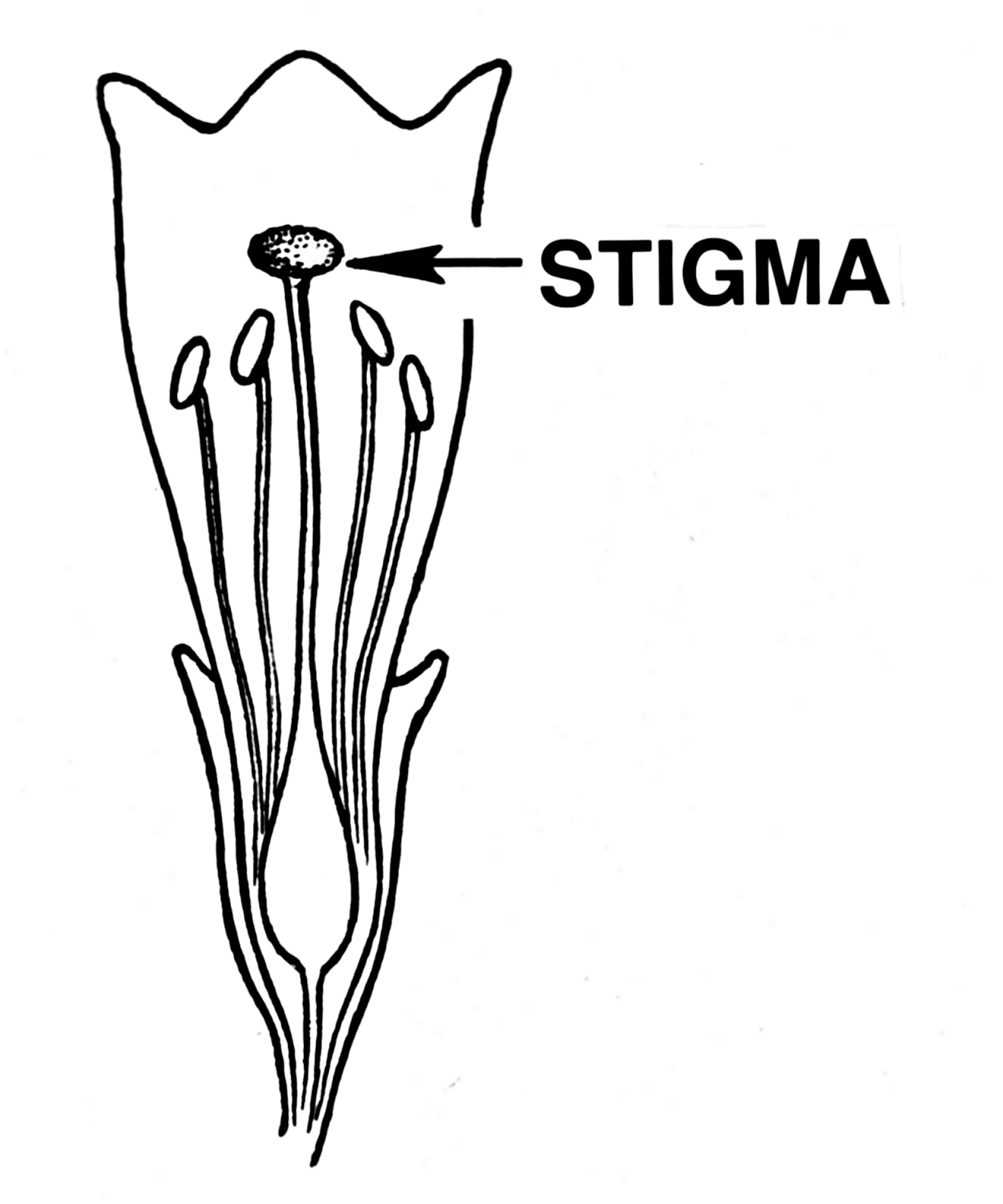New mental health marketing campaign and online quiz hopes to connect British Columbians with help.
By:
David P. Ball Metro Published on Mon Aug 22 2016
Is it a problem if you’re so stressed at work that coffee mugs shatter in your hands — or if you burst into tears every morning when the toaster pops?
Probably, according to
new ads created by Vancouver’s Rethink Communications for TV and radio.
The spots are part of a marketing campaign the outside-the-box agency created for the
Canadian Mental Health Association B.C. division.
The Bounce Back Today campaign’s hope is to spark some chuckles and
chats about depression and anxiety around water coolers and kitchen tables — but more importantly, to help people catch “problems” before they worsen, CMHA B.C.’s senior policy and research director said.
“We want to help activate awareness in people about the symptoms of when mood and anxiety might be outside the norm,” Jonny Morris told Metro in a phone interview, “and to seek help.”
The ads were “designed to help people in a playful but not caricatured way,” he explained, and launched thanks to CMHA B.C. winning the BC Broadcasters Association’s Humanitarian Award — valued at $1 million of advertising airtime for a charity.
"We hope that the advertising campaign will connect with those for whom mental health is not even on their radar," said CMHA B.C.'s CEO Bev Gutray in a statement.
While an admittedly “light-hearted” approach to
a national crisis such as mental health might seem counter-intuitive — depression affects one in nine British Columbians, and anxiety one in five — Morris said the ad creators were careful to pull off the gags without mockery or stigma.
“The old-school drive-home-a-hard-message advertising isn’t necessarily as effective any more,” he said. “We want to inspire dinner table and kitchen conversations so we struck a light hearted tone, but the actual light-heartedness isn’t directed at mental illness.”
The campaign draws visitors to an online quiz about their mental state, and also offers fact-sheets, tips on maintaining wellness, and encouragement to speak to a doctor for help — part of CMHA’s existing Bounceback initiative, which is funded by the B.C. government.
“Doctors are the gateway or door to the program,” Morris explained.
Rethink Communications’ previous campaigns include anti-oil tanker ads that leeched black ink when it rained, and creating a Canadian passport-activated free beer fridge for Molson that toured Europe in the lead-up to the Olympics in Russia.
For more information,
visit the Bounce Back Today campaign's website.

I guess I should give this a chance. But I don't want to.
Don't want to.
This article brings it home to me that our dread of mental illness is still so great, we now have to resort to "gags" to make it palatable. Like whistling in the dark, laughing in the face of dread (or a dreaded, stigmatized illness) is supposed to make us feel better. Or, perhaps, more distanced.
I sense desperation here. Some advertising company was brought in and told, "For God's sake, HELP us make this subject less distasteful to people! Make it so they can at least say the word ment - . Men - men - MENTAL."
So they take (in their words) a "light-hearted" and "playful" approach, depicting mental illness in all sorts of droll, entertaining ways. The misery/hopelessness/grinding anxiety gags are piled on, but it has a weird feeling to it. A "we're not really SERIOUS about this, folks. . . " Because you can't be serious about a thing like mental health. Can you?
The approach is bizarre, kind of like the old "has this ever happened to you?" Ronco infomercials from the '70s. There's something droll about it, all right, kind of like an Allerest commercial where a person streaming with snot is sitting next to a mountain of balled-up tissues. This is "toy" mental illness, obviously, the cartoon/commercial version, because if it was the real thing - well, you'd have to be pretty callous to laugh at someone who's just slashed their wrists.
Even the name of the campaign, Bounce Back Today, is more reminiscent of a trampoline (or dryer sheets?) than regaining one's mental health, a process which generally speaking is extremely slow and excruciatingly painful. There is no "fun" mental illness, no matter what the ignorant masses claim. But I would imagine someone in a boardroom dreamed up this idea to put a less-horrific or at least less-distasteful face on the Canadian Mental Health Association's dire mandate, a facelift for an agency that has to deal with whack jobs and writeoffs every day.
I don't know, I always get angry when I see a shallow or desperate or overly-corporate-flavoured approach to a serious subject like this one. Yes, people have trouble talking about mental health "around the water cooler" (and never mind that water coolers haven't existed since about 1949). But guffawing around the water cooler doesn't make things much better.

It's about at this point that the statistics are trotted out. Blah out of every blah Canadians has a serious case of blah. But it's pain we're talking about, the sort we can't even share. Being sick isn't the issue. The right kind of sick (cancer of any variety) automatically makes you a hero, a "warrior". Even garden-variety stuff will elicit sympathy from co-workers: "Ohhhh, you poor thing."
It's still better to tell them you're off with the flu or meningitis or ANYTHING other than depression. Depression will get you ". . . oh." Or silence. Or maybe even a furtively-whispered, "Don't worry. I won't say anything."
So is raucous laughter/"gags" shared around the water cooler meant to improve the situation, or what? I'm not saying "don't run ads". I'm not saying "only run bleak ads that show morbid self-pitying complainers at their gloomy worst". But what about the popular culture's depiction of cancer? Cancer "warriors" are always depicted as courageous, plucky, and full of hope, even with bald heads. A couple of generations ago, they were hiding in the shadows. My mother's generation would not even say the word.

Something changed in the interim, but I never once heard anyone guffawing about it. I never heard anyone even suggest that the "answer" to the stigma around cancer was a humourous ad campaign showing people playing at having cancer in a lighthearted, wacky, fun way. Oh, that chemotherapy: pesky stuff! But say, didn't I save a lot on hair care products this year? (Frenetic dance showing bald people throwing confetti in the air). And by the way, have you seen my colostomy bag? (chicka-boom).
It never occurred to anyone, not even the most hard-boiled, mercenary ad execs, to try to make cancer "cute". And yet, somehow or other, in the past few decades, everything changed. We can not only talk about cancer but marvel at and celebrate the survivors and the warriors and those who saw it through to the end.
Why isn't that happening here, with this issue, now?
This thing filled me with such dismay that I choked on it. I could not even watch the videos right away. I had to work up to it, then it was just as bad as I thought it would be. Worse. I watched one with the sound off and had a helpless, powerless, gutted feeling. I realized we have not made ANY progress at ALL in this area, that we have, in fact, gone backwards and may continue to do so. This is all just so shallow, so trivial, so dismaying! When I realized the agency who made these ads was also responsible for making a free beer fridge for Molson, not to mention some ad campaign about oil tankers, it made me wonder why they don't use human beings for these things. Lots of people are now on the point of wanting to talk about their experiences with mental illness. Why not use them?

Simple. The dread, the abhorrence and even contempt is just too great, though no one will admit it. We would be more honest if we went back to locking people up in wooden cribs like in Amadeus. But hey, there's a national crisis on, and nothing we've tried so far has worked! For some reason, trying to help those poor blighted souls hasn't made much difference, nor are they showing us any gratitude either. A national crisis calls for extreme measures. And when you think about it - or stop thinking about it - or pull back so far that you can barely see it - hey, this issue really IS pretty funny!
Laugh? I nearly died.
POSTSCRIPT. I did hear back from the good people who waged this unusual, if desperately misguided "mental health awareness" campaign. I won't reproduce their email to me because it is basically party line, and I've heard it all before. But I will share with you my email response.
I do appreciate your prompt and detailed reply. But the ads are just too
flip. I don’t think they are going to accomplish the things you’ve talked about
here. They seem almost silly and are pretty close to mockery, the kind of thing
you’d see on a sitcom. I’m reminded of The Big Bang Theory where Raj
broke up with yet another girl friend, and sat there stuffing his face with junk
food, not changing his clothes, etc., very much like the man pictured in the
depression ad. The audience sure thought it was funny. So what’s the message –
if you don’t get help when you’re a little down, soon you’ll be sitting around
in your jammies stuffing your face all day, not shaving, fat, with pizza boxes
all over the floor? Is this cartoonish image meant to represent serious
depression?
I think it would be much more effective to do short spots where people talk
about their experiences, how you can live through mental illness and work hard
to regain your health and enjoy life once again. It could be lighthearted. I
can’t think of anything more lighthearted than a real person talking about
regaining their joy. I watched my brother die of schizophrenia (the life force
was sucked out of him, then he died in a fire), and the system could not have
failed him more catastrophically. There is some sort of huge gulf between “this”
and “that”, between a man crying into a pop-up toaster and a man dying in a
burning squat. It’s like another planet. I can’t connect the dots at all.
Now that I’ve had some time to reflect, I have to say that some of the
images in the ads are downright disturbing. You really lost me with the image of
the woman peering anxiously through the blinds. Funny? that she’s afraid to
leave her house? And if it isn’t that, what is it? And how are we supposed to
feel? That idea of “hey, if you’re a LITTLE afraid to go out, that’s fine. But
if you’re a LOT afraid to –”. These are very puzzling, even confusing messages
for a mental health-improvement or awareness campaign, and I just can’t see
where it will add anything significant to the debate/conversation/struggle.
“New” or “different” isn’t necessarily “better”, and trying to be a little more
hip or catchy can be a disaster. As I said in my blog post, we honour and
celebrate cancer survivors, but don’t create “gags” about them because it is the
least funny thing in human experience to die before your time, whether of cancer
or a gunshot to the head.
So much needs to be done here, but not like this. I am not sure if these
ads were tested or not, but they should have been, by a large sample of people
who have been in the trenches of experience. Ask them how it affects them, if
it feels authentic and helpful, if it represents what the real concerns are.
Often there is this sense that if you “just get people talking about it”, it
makes some sort of difference. I can tell you that it does not. People talk
about Donald Trump constantly, and it is NOT helping! In fact, it is just
helping HIM to gain more of a stranglehold over the media and the public.
Talking and enlightenment are very different things.
Though it seemed to take a million years, finally we saw Clara Hughes take
matters into her own hands and bike across Canada – alone. She’s the Terry Fox
of her times. But where are all the others? The tshirts and walks and public
events are very slow to get off the ground, because the public still recoils, or
else goes blank and does not see why they should have to care (let alone give
money). But this is what we need! Some say the Cancer Society has “played” the
public with their slick campaigns which tug on people’s emotions. On the other
hand, cancer is permanently out of the closet now, and it will never go back to
the way it was. Mental health issues are about where gay issues were in 1970. We
haven’t even had our Stonewall yet. Meantime, we get misguided things like this
ad campaign. Is it better than nothing? I’m not sure. If people don’t see the
relevance, they’ll click it off the way they do with thousands of other
distractions. I do hope you will try something more authentic and less flip in
the future. Do something that will really grab people. Don’t go to some slick ad
agency – find someone who really knows how to make powerful, effective spots
that touch people’s emotions. I am getting too old to expect to see significant
change about this issue in my time, but I will continue to hope for it.


































